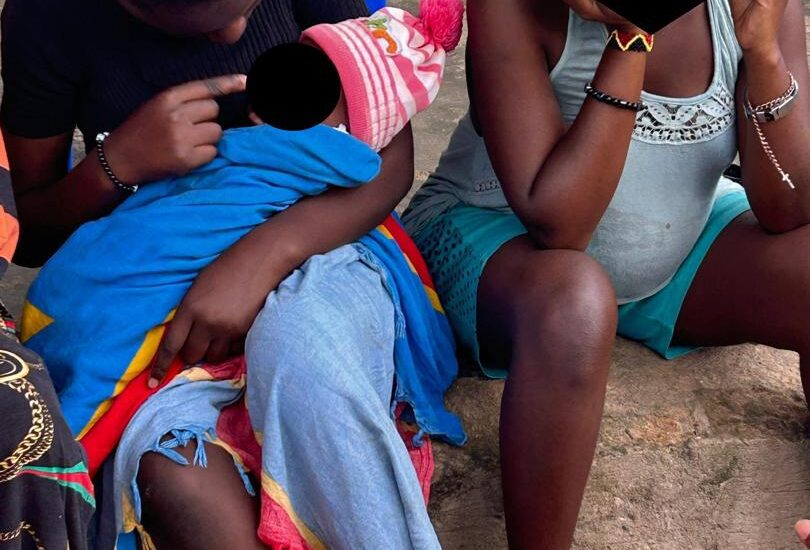In Uganda, the dreams of many young girls have been shattered by the realities of child marriage and teenage pregnancy. Despite the efforts to stop these harmful practices, deeply rooted social and cultural norms continue to perpetuate them leaving a lasting impact on the lives of these young vulnerable girls.
According to UNICEF 34% of girls in Uganda are married before their 18th birthday and this alarming statistics place Uganda among the countries with the highest rates of child marriage in the world.
The Uganda Democratic and Health Survey (UHDS) 2016 reported that 25% of girls aged 15-19 have begun child bearing meaning that 1 in 4 teenage girls in Uganda is either pregnant or has already given birth.
One of the main drivers of child marriage and teenage pregnancy in Uganda are the social, cultural norms and traditions as stated in the National Strategy to end child marriage and teenage pregnancies 2022/2023 – 2026/ 2027. It is a sad reality that in many communities a girl is seen as an economic asset and marrying her off early ensures that the family receives dowry which can be a source of income for most households.
Moreover, these societal expectations always dictate that girls should prioritize marriage and motherhood over education and personal development and this leads to situations where girls drop out of school early making them more vulnerable to early marriage and teenage pregnancy.
Marriage and motherhood are seen as core expectations and markers of womanhood in many Ugandan cultures. Girls are expected to marry and bear children, which is culturally accepted and enforced. In some communities, a girl’s first menstrual period is considered a sign she is ready for child-bearing.
Gender inequality is also another issue in most societies where boys are often valued highly than girls, this is always evident in the allocation of resources with boys receiving more educational and health opportunities where as girls on the other hand are always expected to contribute to household chores and care for younger siblings limiting their ability to attend school and fulfil their dreams.
Due to societal pressure many young girls who reach puberty are perceived as ready for marriage, this is always reinforced by community members who stigmatize girls who delay marriage or pursue education. The fears of this kind of criticism always forces many families to marry off their daughters early believing that it will protect their honor and ensure social acceptance.
The consequences of these harmful practices are always devastating mostly to the vulnerable girls. They are often forced to abandon their education limiting their future prospects and perpetuating the cycle of poverty. They are also most likely to experience domestic violence and face health complications like complications during child birth and according to World Health Organization (WHO) complications from pregnancy and childbirth are the leading cause of death among girls aged 15-19 globally.
Joy for Children Uganda is committed to breaking the chains of these harmful practices. Through our initiatives we aim to empower girls and change society attitudes that perpetuate these practices.
We work closely with the community leaders, parents and young people to challenge these harmful cultural norms and promote value of educating girls.
Our programs focus on providing vulnerable girls with access to quality education through our sponsorship program. We also advocate for policies that protect girls’ rights and work to raise awareness about the consequences of child marriage and teenage pregnancy.
We also offer psychosocial support to girls who are at risk or have been already affected by these harmful practices.
Ending child marriage and teenage pregnancy in Uganda requires collective efforts. By working together, we can challenge these cultural norms and social pressures that fuel these harmful practices.
Join us https://shorturl.at/W4yyx on our global giving platform in our mission to create a brighter future for Uganda’s girls.







